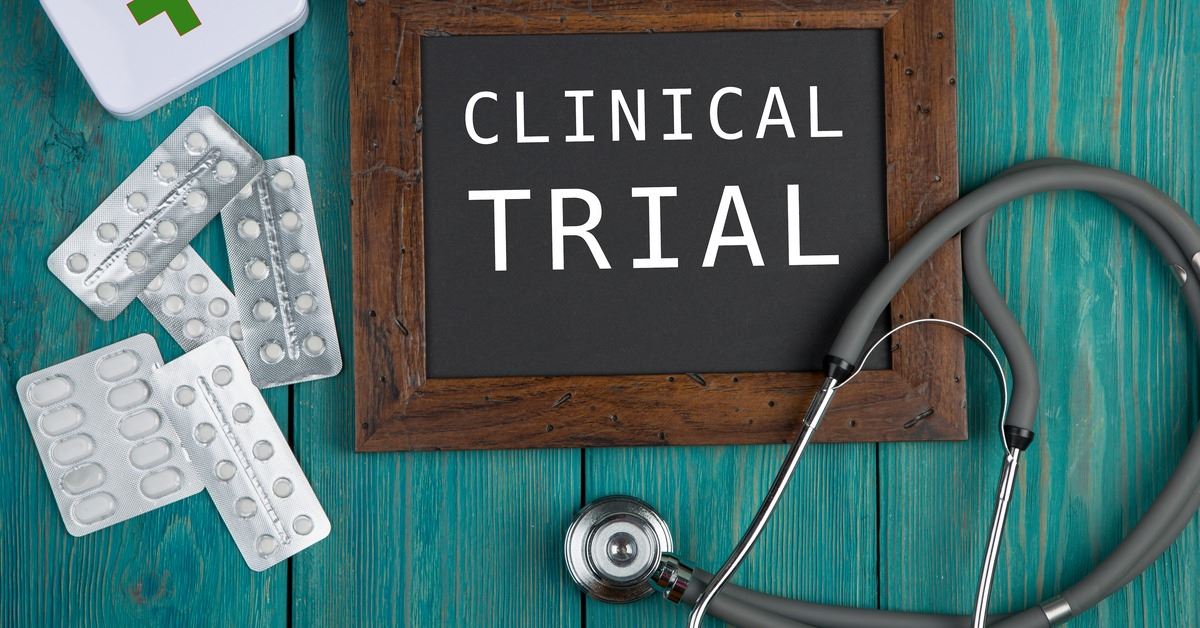Long Island A Quick Guide to Clinical Trials Lawyer
Law Office of Cohen & Jaffe, LLP.
What is a clinical trial? Clinical trials help propel the work of medical researchers. While these trials can help determine if a medical device or procedure is safe for public use, they can also be used to determine how effective a medical approach is for a certain group of people. Because participation in a trial involves both benefits and risks, it is a good idea for participants to understand some important details about how clinical trials work before signing up.

Why Clinical Trials are Conducted
The primary reason why medical trials are performed is for research. To reach determinations about medical strategies or devices, clinical trials must follow strict scientific standards that are designed to protect participants and provide accurate results.
Some important details to consider about clinical trials include:
- Who makes up the research team. A clinical trial will often be led by a medical doctor. The research team for the trial, however, can also include clinical trial coordinators, data managers, health care professionals, nurses, scientists, and social workers. Each of these team members plays a role in successful clinical trials.
- Where trials are held. Medical trials can be held at various locations. Some of the most common places where trials are held include community clinics, doctors’ offices, hospitals, medical centers, and universities. Each of these locations presents unique challenges.
- How long trials last. Some clinical trials conclude after several days, while others can take years before goals are satisfied. Before a person participates in a trial, he or she will be informed about how long the trial is expected to last.
Types of Clinical Trials
There are several types of clinical trials, but some of the most common include:
- Diagnostic. These trials focus on finding improved procedures and techniques for diagnosis conditions and diseases.
- Health service research. These trials focus on evaluating the delivery, financing, and management of certain types of healthcare.
- Prevention. Trials of this kind focus on finding ways to improve disease prevention.
- Screening. These trials test the best method of identifying conditions.
- Supportive. Trials of this kind focus on improving care and quality of life for patients.
- Treatment. These trials focus on testing new treatments, new drug combinations, or new surgeries or therapies.
Clinical Trial Phases
Medical trials are divided into phases or stages. What are the types of clinical trials? While early phase trials focus on the safety of drugs or medical procedures, later trials focused on whether a new approach is better than an existing one.
Considering the following categories:
- Phase 0 trials. This early phase involves limited human exposure are intended to speed up the development of new medications by assessing whether the drug behaves with human subjects in an anticipated manner.
- Phase 1 trials. This phase of trial evaluates a medication’s safeness and toxicity at different dose levels.
- Phase 2 trials. This phase of trials is designed to determine a medication’s effectiveness with people who have a certain condition or disease. This phase also involves determining the common short term adverse effects and risks associated with a medication.
- Phase 3 trials. The purpose of this phase is to determine how a new medication works in comparison to an existing one.
- Phase 4 trials. This phase is focused on determining the long term safety risks associated with a particular type of medication.
How Medical Trial Participants are Protected
Most trials place a high emphasis on the safety of participants. This is why good clinical practice (GCP) focuses on making sure that appropriate ethical and procedural goals are met. GCP focuses on protecting the rights and welfare of participants, guarantees that collected data is reliable, and provides guidelines for the standards of clinical research.
Some of the ways in which patient rights are protected include:
- Informed consent, which is a process required by the Food and Drug Administration that involves providing a trial participant with details about the trial. This data includes information about the potential benefits and risks of a trial. Before joining any medical trial, each participant must read and sign an informed consent form. Many people believe that they are signing away their rights, but signing these forms results in a person gaining the right to privacy, the right to ask questions as the trial proceeds, and the right to leave the trial without penalty.
- If a child is 18 years of age or younger, a parent or legal guardian must provide consent to the trial. If a trial involves a more than minimal risk, both parents must grant permission.
- Clinical trials must contain protocols, which are unique action plans. A protocol includes additional information about the background and reasoning for a trial as well as methods and statistical considerations involved in the trial. The protocol also stipulates what kind of individuals are permitted to participate in the trial. Not only do protocols make sure that the need for the research is justified, but protocols also make sure that trials remain safe for participants.
The Benefits of Participating in a Medical Trial
There are some unique benefits that people realize by participation in a trial, which includes
- Access to new and often groundbreaking treatment.
- Being among the first groups of people to benefit from treatment.
- The participant’s health will be closely monitored and supported during the trial.
- Data gathered from the trial can be used to support scientific knowledge and can help others.
The Risks of Medical Trial Participation
Unfortunately, participation in a medical trial is not without its risks.
Some of these risks include:
- Standard care for a medical condition is sometimes better than the method being studied in the trial. As a result, a person might not end up selecting the best strategy to combat a disease.
- The new approach or procedure might work better than the standard for some participants, but not for everyone.
- Health insurance carriers do not always cover trial participants for the costs associated with participating in a trial.
Speak With a Defective Drug Lawyer
If you have been negatively impacted as a result of a defective drug, you should not hesitate to speak with an experienced attorney at Law Office of Cohen & Jaffe, LLP today.









